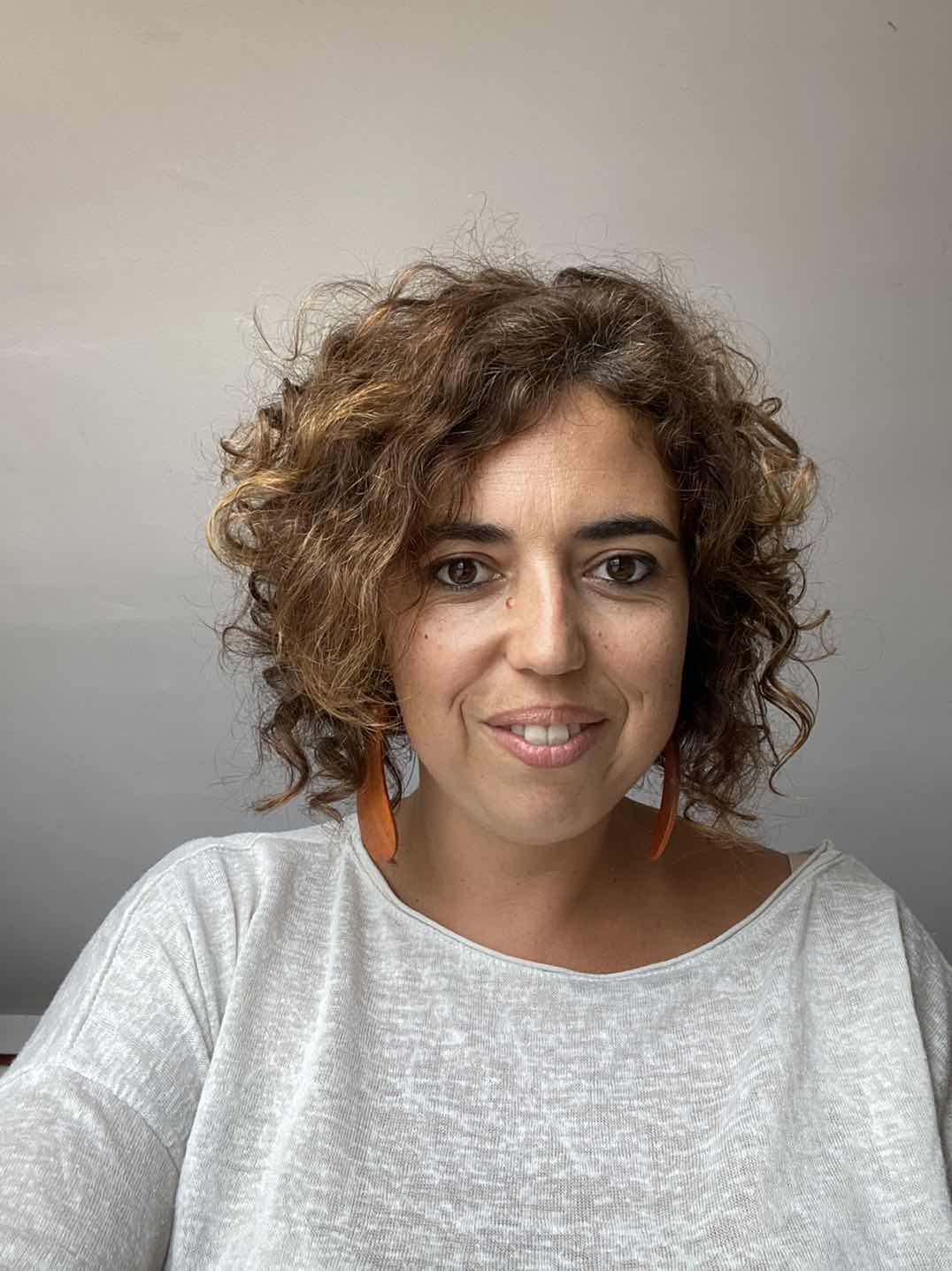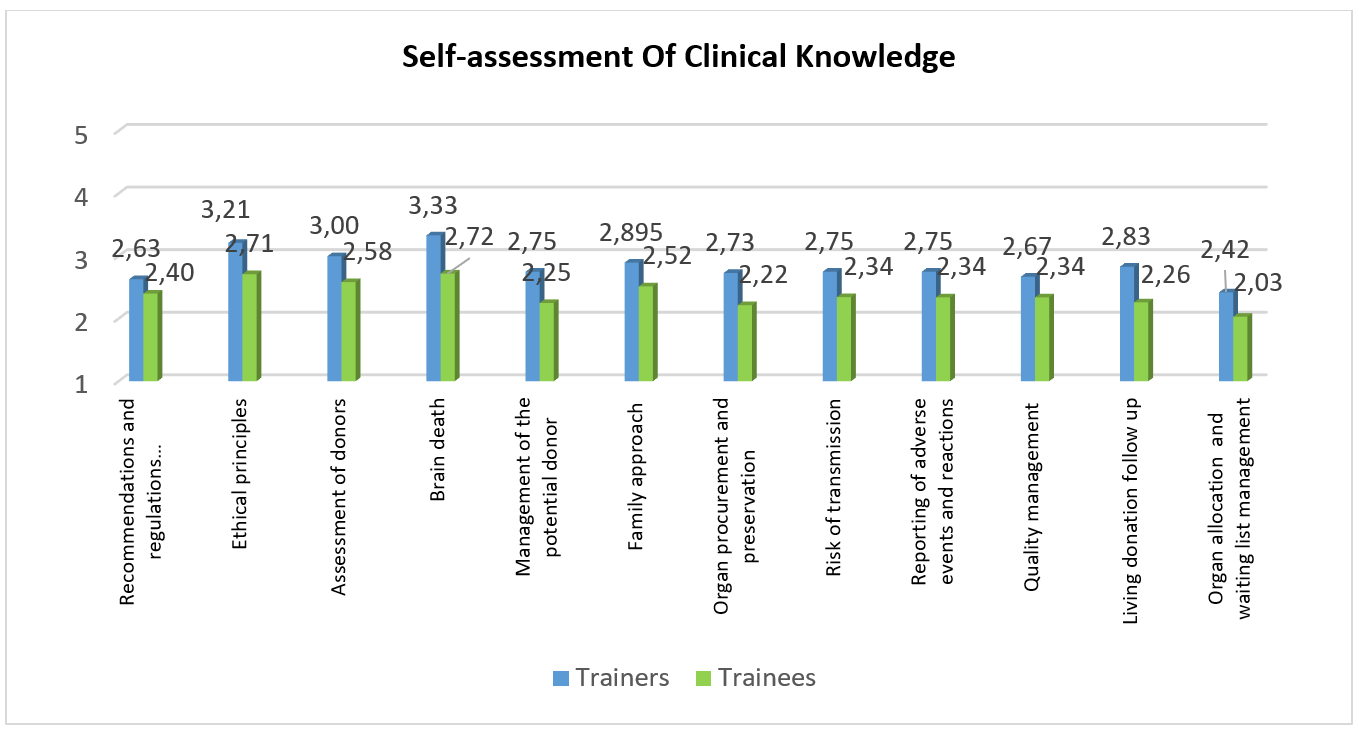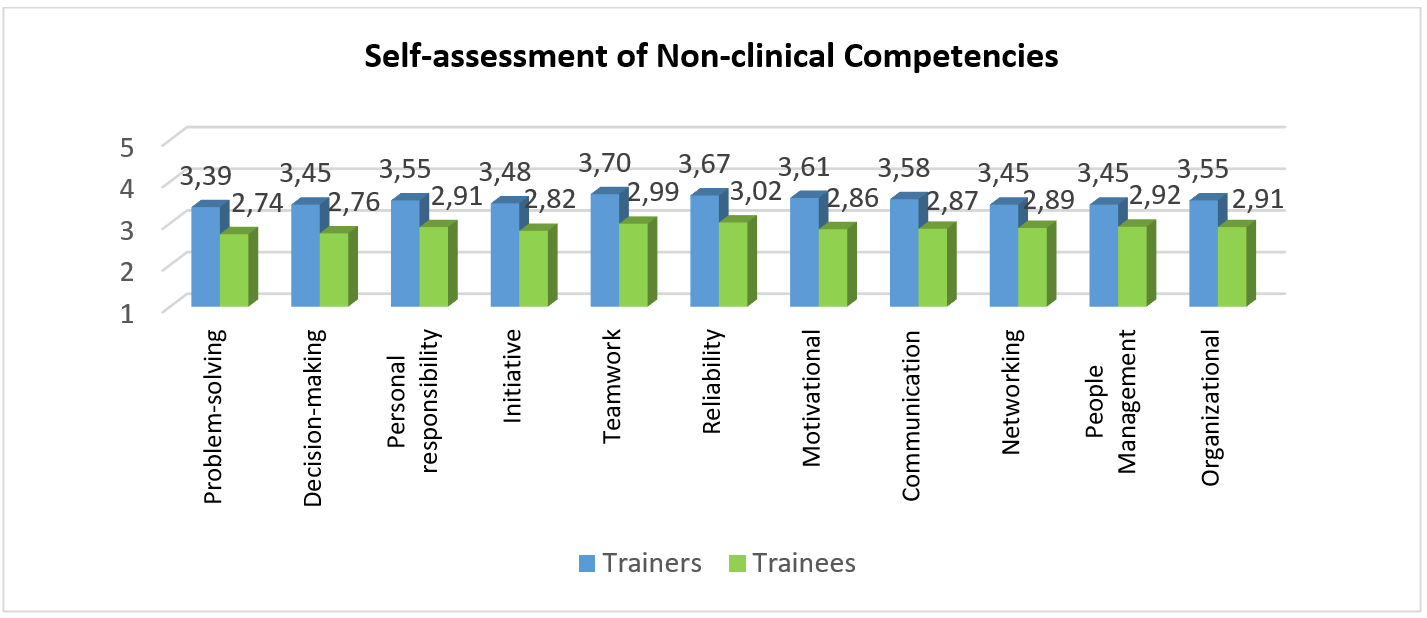
ODISSeA: organ donation innovative strategies for Southeast Asia
Chloë Ballesté1, María Paula Gómez1, Patricia Peralta1, Elisa Vera1, Maria Barros1, Ricard Valero1,2, Marco Zanello3, Mirela Busic4, Muhammad Iqbal Abdul Hafidz5, Jun Kit Koong6, Htar Kyi Swe7, Maria Theresa Bad-ang8, Khin Thida Thwin9, Chatchai Mingmalairak10, Stephanie C. Andres11, Melania G. Istrate1, Martí Manyalich1.
1Donation and Transplantation Institute, Barcelona, Spain; 2Anesthesiology, Resuscitation and Pain Treatment, Hospital Clínic de Barcelona, Barcelona, Spain; 3Biomedical and Neuromotor Sciences, Bologna University, Bologna, Italy; 4Zagreb University, Zagreb, Croatia; 5Universiti Teknologi MARA, Selangor, Malaysia; 6University of Malaya, Kuala Lumpur, Malaysia; 7University of Medicine Mandalay, Mandalay, Myanmar; 8Ateneo de Davao University, Davao, Philippines; 9University of Medicine -1, Yangon, Myanmar; 10Faculty of Medicine, Thammasat University, Bangkok, Thailand; 11Faculty of Medicine and Surgery, University of Santo Tomas, Manila, Philippines
Introduction: ODISSeA is an Erasmus+ project funded by the European Commission. An academic postgraduate programme on organ donation (OD) in 8 Southeast Asian (SeA) universities from Malaysia, Myanmar, Philippines and Thailand was designed and developed. The origin comes from the need for a specialized training that builds adequate knowledge, skills and attitude in OD to increase the well-trained specialists that will efficiently coordinate the process of OD in SeA.
Methods: Training programmes and OD self-assessment (SA) of clinical knowledge (A/n21) and of non-clinical competencies (B/n18). SeA universities targeted 3 groups: university personnel, faculty members and potential postgraduate trainees. Train the trainers (TxT) blended programme for SeA trainers healthcare professionals (HCPs). Pre and post course evaluation results were compared. Multilevel blended Postgraduate Programme in Organ Donation (PPOD) targeting HCPs combining academic training (online training and local & international seminars) with bedside projects (On-the-job- projects and awareness events). Pre and post course evaluation results were compared.


Results: Comparing SA results among trainers and trainees in group A 37% vs 54% scored poor to average while 30% vs 20% scored very good to excellent. The overall average score was 9.21 ± 0.39 SD vs 2.49 ± 0.31 SD respectively. In group B 19% vs 35% scored poor to average while 49% vs 25% scored very good to excellent. The overall average score was 3.43 ± 0.67 SD vs 2.83 ± 0.48 SD respectively. HCPs trained in TxT (n41) pre and post testing shows knowledge increase of 15.14% with an overall average score of 6.67 ± 0.96 SD in pre-test vs 7.68 ± 0.66 SD in post-test. HCPs trained in PPOD (n296) pre and post testing shows knowledge increase of 76.45% with an overall average score of 4.6 ± 0.57 SD in pre-test vs 8.12 ± 0.53 SD in post-test.
Conclusion: The innovative approach of ODISSeA as a multilevel educational intervention revealed different results between trainers vs trainees on perception and attitude, clinical knowledge vs non-clinical competencies. Significant knowledge increase was reported upon completion of both, TxT and PPOD. ODISSeA comes to meet the needs identified in deceased organ donation in the SeA region. The project succeeded in establishing recognized academic training in OD in the 8 SeA universities, following the best practices from the most successful European models. Due to covid-19, organ donation decreased in almost all countries worlwide. Malaysia and Thailand were and exception, reporting an increment in the deceased organ donation rates 2020 vs 2019. This increase can be attributed to ODISSeA’s implementation and, in the case of Malaysia, to the creation of Organ and Tissue Procurement Units (UPOH) in 16 hospitals, which was translated to a 155% increment in the organ donation family consent rates since UPOH and ODISSeA postgraduate programme began in January 2020.
Acknowledgement to ODISSeA Consortium.
